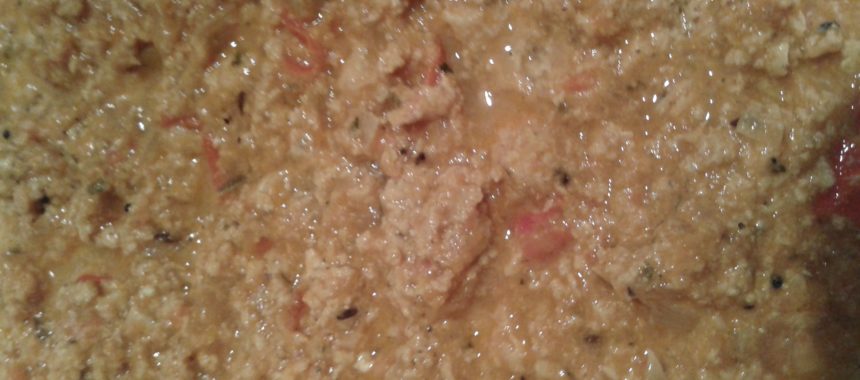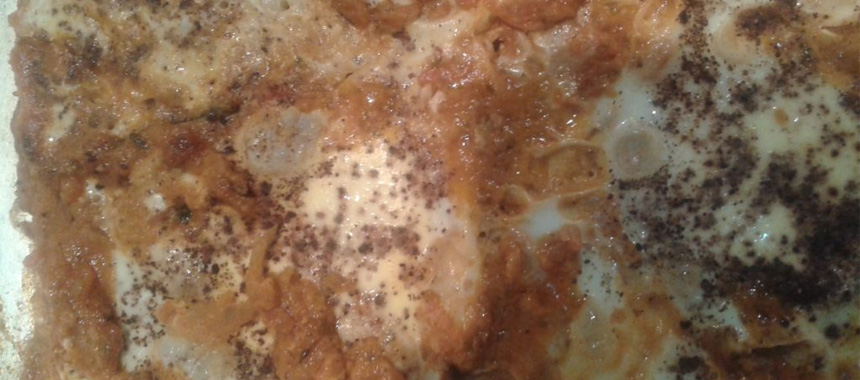There can be little doubt that dietary deficiencies can be one of the main causes of many of the minor ailment of pregnancy. The complication of pregnancy such as anaemia, toxemia and premature delivery may result from a diet inadequate in the nutritional needs of the mother and the baby. Therefore, the recent tendency in dietetics is to stress the value of an optimum diet. It creates a reserve of health and vitality and resistance to disease, over one that is merely adequate to maintain efficiency at above minimum.
Specific attention is being given in adequate way to maintain efficiency above minimum. If necessary, efficiency can be supplemented with appropriate dosage through tablets or syrup. The deficiency in pregnancy affects the foetus, decreases rennin synthesis due to calcium deprivation. Rennin is extremely necessary in digesting milk. Calcium deficiency refers to serious cause for cramps, tatany, vomiting during pregnancy from tetanoid contraction of pylorus and even eclampsia. During labour, uterin interia (from lack of muscle tones) and post haemorrhage have been said to occur. The defective calcification may occur in foetus by this deficiency, which pre-disposes the child to rickets in infancy and childhood. It is estimated that from 1.6 to 1.7gm of calcium and from 1.8 to 2gm of phosphorous daily must be ingested to ensure sufficient retention to meet the needs of factor and prevent a negative balance in mother. Milk is the richest source of calcium. One litre of milk has 1.2gm of calcium. Calcium in milk is suitable to ensure retention. Other important sources of calcium are ragi, cabbage, greens etc. Food rich in phosphorous are milk, cheese, egg yolk, lean meat, liver, beans, cereals, leafy vegetables and potatoes.
Unusual amount of calcium, iodine and carotene effect metabolism within the body, which are found to constitute in special foods like crabs, certain cereals etc. These foods with their peculiar dietary values influence the physical and mental well being of the future pregnancy.
The pregnant women are affected by another deficiency of folic acid. It leads to megaloblastic anaemia found in low income group. The heamoglobin ranges from 5 to 8gm per 100ml and RBC count between 2.5 to 3 million per mm3.
The unborn child needs more organic minerals from its mother, for its bone and tissue growth. It can be supplied by natural foods such as fruits, raw vegetables, whole- meal bread and milk. Unnatural foods like pudding, white bread, sugar, meat etc are deficient in organic minerals.





